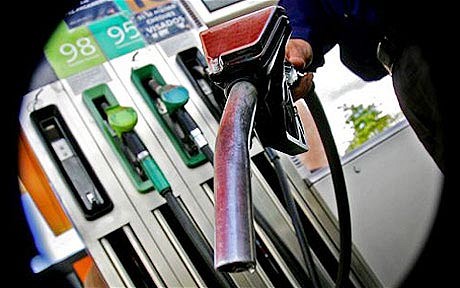Supreme Court of Pakistan (SC) shows discontent over high taxes on petroleum products in the country, reports a local media outlet.
Since the beginning of 2018, the previous and the current interim government soared the prices of petroleum products many times. The continuous fuel price increase was harshly criticised by local commuters and other concerned parties. After so much commotion, SC took Suo Motu on the matter and asked the government to submit a detailed report regarding the taxes on petroleum products.
In the recent development, it has been brought up in the notice of SC that taxes on petroleum products are a source of income for the government, after which, the SC showed its discontent.
The Supreme Court asserted that making money by raising the prices of petroleum products should not be the way of the government.
Currently, the government is taking almost PKR 40/litre tax on petrol.
The Chief Justice of Pakistan, Mian Saqib Nisar questioned the basis of oil import from Saudi Arabia, asking the Head of PSO that whether we are importing oil on loan, to which he replied that previously, they used to import on loan, but it’s not the situation anymore.
The CJP further emphasised that the country should get oil at the lowest possible prices.
Read Also: Oil pumps in Jhang selling petrol at high rates
After the directions of the SC, the caretaker government for the first time in July 2018 reduced the prices of petroleum products.
Aside from SC taking action against the hike in the prices of petroleum products, the finance ministry is reportedly increasing the regulatory duty (RD) on the vehicles by 12.5% for cars that fall between the category of 800cc-1000cc, and for steel products as well, which are used in the manufacturing of cars and other light commercial vehicles. The main aim is to lessen the import to curb trade deficit. However, it will put extra pressure on the local auto industry and assemblers. The government should come up with some concrete plan to resolve this issue.
It is worth mentioning here that despite the falling rupee against the US dollar, the import of cars has increased by 6% in the financial year 2018.
See Also: Regulatory Duty on Imported Cars Has Been Reverted
Stay tuned for the latest updates.


